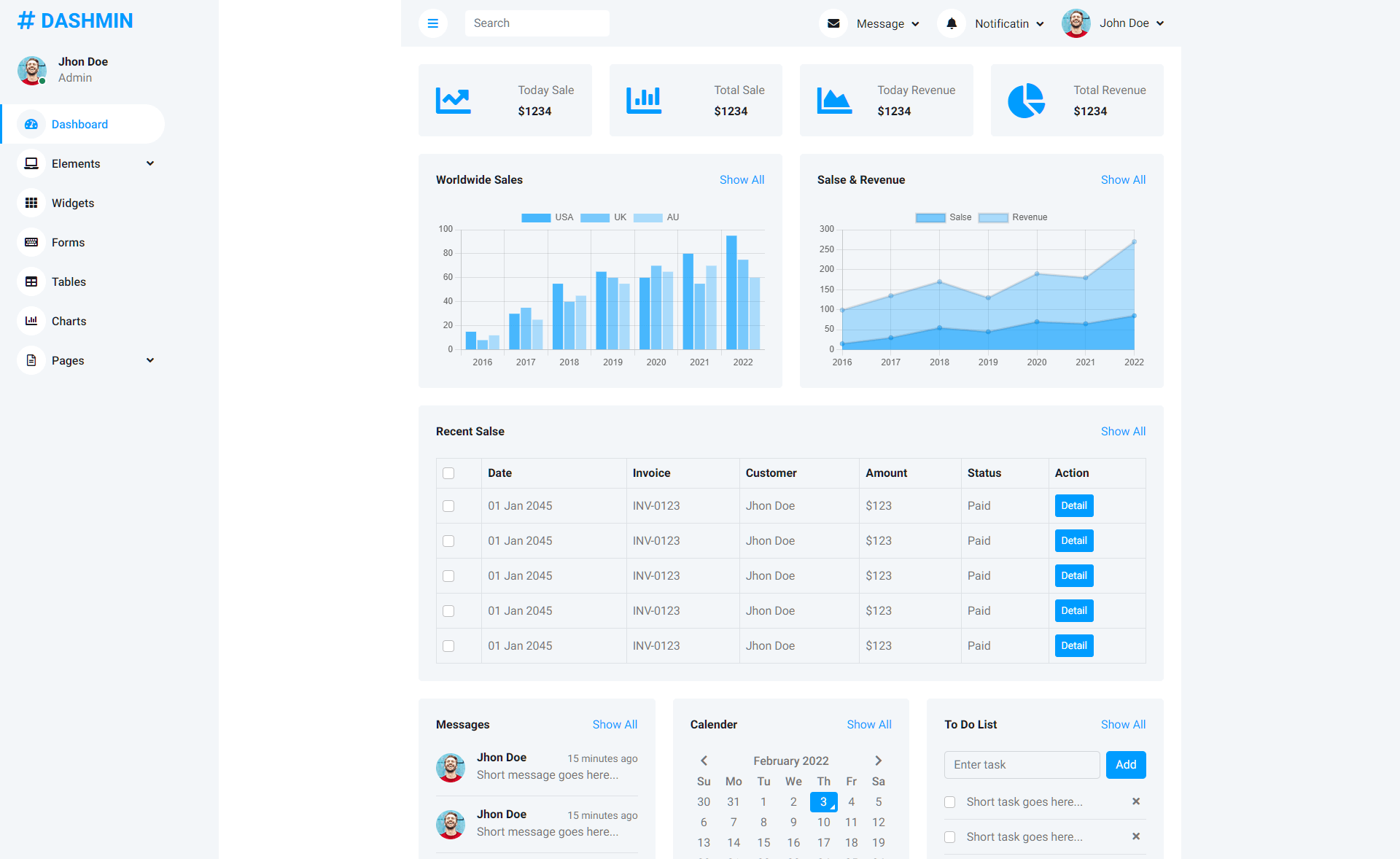Effective Strategies to Prevent High CPU Usage
By Tan Lee Published on Jan 07, 2025 289
During development, it's essential to monitor performance (such as resource consumption over time) to identify potential bottlenecks. Resource consumption includes CPU, Disk I/O, and memory usage.
While numerous performance monitoring tools are available, adhering to these best practices can help you address performance bottlenecks early in the development cycle.
Exception Handling
Exception handling refers to managing runtime errors that occur during the execution of your application. An exception interrupts the normal flow of a program, and if not properly handled, can cause the application to terminate unexpectedly. It's best to avoid throwing or re-throwing exceptions unless absolutely necessary. When you design your application correctly, exceptions should be rare. While entering or exiting a try block isn't resource-intensive, throwing exceptions can be costly. This is because when an exception is thrown, the runtime has to backtrack through the calling frames, consuming additional CPU cycles and blocking the executing thread.
Using HttpResponse.Redirect Efficiently
The HttpResponse.Redirect method triggers a ThreadAbortException, causing the current thread to terminate and a new thread to be allocated from the thread pool for subsequent processing.
To avoid this issue, you can use the overloaded version of the method, passing false as the second parameter. This prevents the exception from being thrown and allows you to manage the thread more efficiently.
To ensure the request completes gracefully, you can call Context.ApplicationInstance.CompleteRequest() after the redirect.
For example, how to use the overloaded HttpResponse.Redirect method without triggering a ThreadAbortException:
Response.Redirect("MainMenu", false);
Context.ApplicationInstance.CompleteRequest();Reduce Processing Overheads
To minimize processing overhead, it's important to avoid unnecessary use of reflection in your application. Reflection can be expensive in terms of performance, and in many cases, you can design your application in a way that eliminates its need altogether. Additionally, recursive methods should be used sparingly, as they tend to consume significant memory and CPU cycles.
Multithreading
Multithreading allows multiple threads to reside in memory simultaneously, providing the illusion of parallelism by switching between them as though they are running concurrently. While multithreading can improve throughput by enabling tasks to run simultaneously, it should be used with caution. Improper implementation can lead to high CPU usage and increased CPU cycles, which can significantly degrade your application's performance. Therefore, it's important to apply multithreading judiciously to avoid these potential pitfalls.





